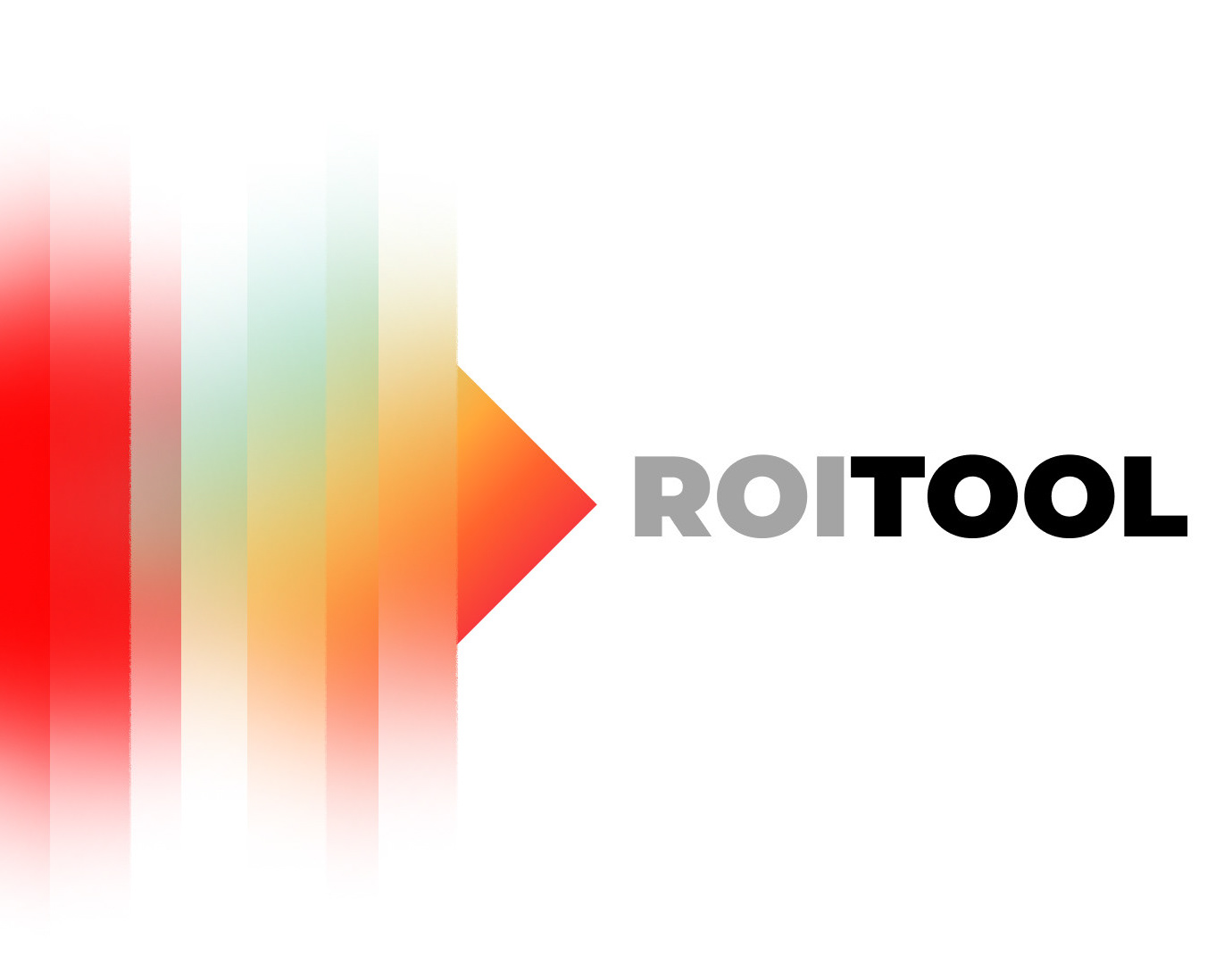Addressing the communication gap between young people aged 14 to 24 and their parents regarding personal finance, going through concerns of impulsive spending, debt accumulation, and mistrust towards financial institutions, exacerbated by the influence of social media.
UX Research, Product / Service Design, Brand Design, Business Modeling
The project aims to empower youth with financial autonomy and responsibility while providing parents with oversight and educational tools. The product, POUPPY, facilitates collaborative financial management, fostering trust, proactive engagement, and advocacy among users while promoting financial literacy and healthy money habits.
Parents expressed concerns regarding the financial habits and decision-making capabilities of their adolescent and young adult children. These concerns were about behaviors such as a lack of control in spending, excessive debt accumulation, and the inability to prioritize expenses effectively. Furthermore, the influence of social media has increased these challenges, leading to impulsive financial choices and a disconnect from long-term financial planning. Compounding these issues is a prevalent mistrust among parents towards financial institutions, who are perceived solely as profit-driven entities rather than allies in fostering financial well-being.
Conversely, young individuals hold a distinct set of desires and aspirations concerning their financial autonomy and independence. Beyond mere financial transactions, they seek opportunities for personal growth, fulfillment of goals and dreams, and the cultivation of responsible financial habits. Central to their desires is the quest for autonomy and flexibility in managing their finances, freeing them from dependence on parental support and facilitating the pursuit of their aspirations, whether it be travel, education, or entrepreneurial endeavors.
I also evaluated the mindsets of each player (parents & young people) with the following parameters: financial literacy, future orientation, trust in finanancial institutions & responsibility / autonomy
The issue lies in the concept of self-efficacy in personal finance. Parents hold the perception that young individuals lack the preparedness to navigate the complexities of adulthood, particularly in managing their finances and prioritizing expenditures. On the other hand, young people aspire for greater autonomy and responsibility over their financial decisions, holding the belief that they possess the capability to prioritize their spending effectively.
POUPPY is a shared account designed for parents and their teenage children, aimed at fostering financial literacy and providing young people with increased financial freedom.
• Unlike traditional banks or financial institutions, POUPPY offers a unique feature set tailored to the needs of both parents and young individuals.
• Provides parents with comprehensive visibility into their teenagers' spending habits through features such as a spending journal and cross-referencing of accounting data.
• Ensures parental oversight and control over spending categories while preserving teenagers' autonomy.
• Empowers parents who wish to instill financial literacy in their children.
• Provides a platform for setting and tracking financial challenges and goals.
• Offers the ability to delegate more responsibilities to teenagers based on their financial achievements.
• Facilitates greater financial autonomy and independence.
• Achieved through engaging in financial challenges and meeting established goals.
• Spending Journal: Enables both parents and teenagers to track spending activities.
• Cross-Referencing of Accounting Data: Allows parents to correlate teenagers' spending with parental accounts for comprehensive oversight.
• Categorization of Spending: Simplifies budgeting and financial planning by categorizing expenditures with the help of Voice AI.
• Content on Personal Finances and Financial Independence: Provides educational resources to promote financial literacy and independence.
Presentation of the logo for the business + views on the app screens designed for the project
Presentation of each feature and its funciontionality
Blue Print of product/service, higlighting the young people journey, but also embracing each player involved in the project
• Full Trust and Adoption by Parents: The ultimate goal is to achieve a scenario where parents fully trust the financial institution to manage their finances. This includes transferring their accounts to the platform and relying on its services for financial management.
• Proactive Engagement and Advocacy by Young People: Success also entails young people becoming proactive users of the platform and advocating for its benefits to others. This includes recommending the platform to friends and incentivizing their families to adopt the solution.
• Family Adoption and Collaboration: A key metric is achieving widespread adoption within families, with all members benefiting from simplified and collaborative financial management. This promotes a healthy relationship with money and strengthens the bonds between parents and their children.
• Promotion of Financial Literacy and Healthy Money Habits: Success is also measured by the promotion of financial literacy and the cultivation of healthy money habits among users. This includes empowering individuals to make informed financial decisions and fostering a positive attitude towards money management.
• Strengthening of Family Bonds: Ultimately, success is reflected in the strengthening of family bonds through collaborative financial management and shared goals. This contributes to a sense of unity, trust, and mutual support within the family unit.











